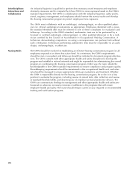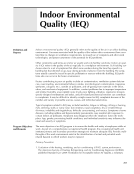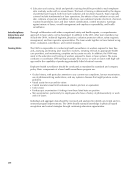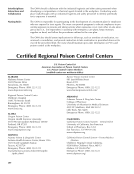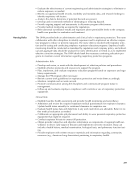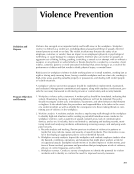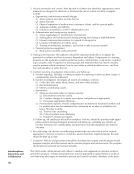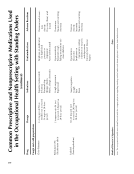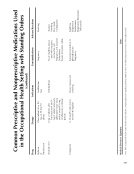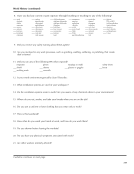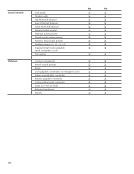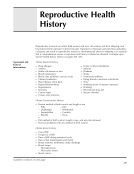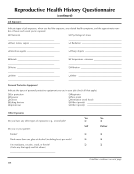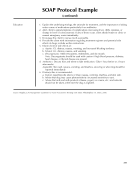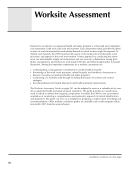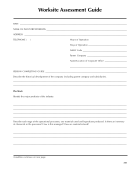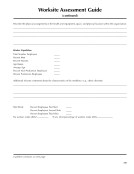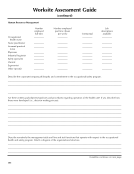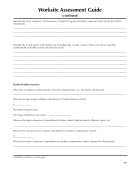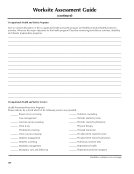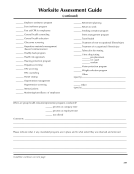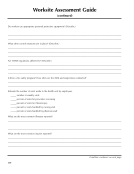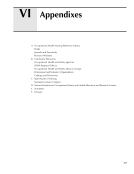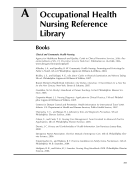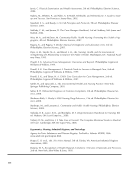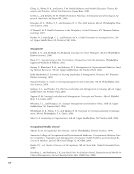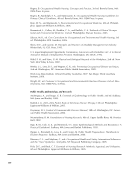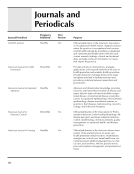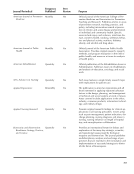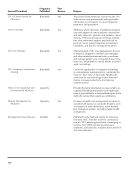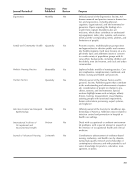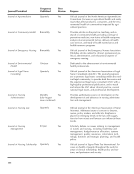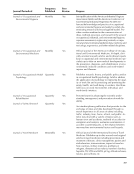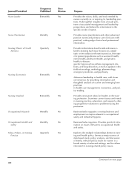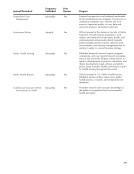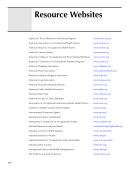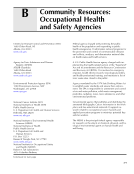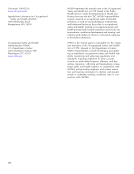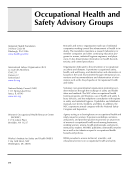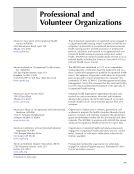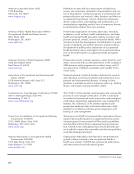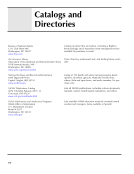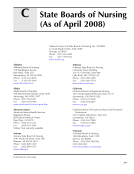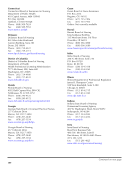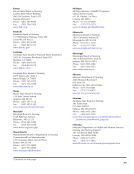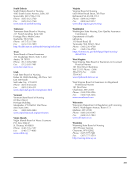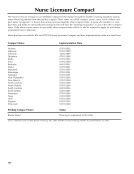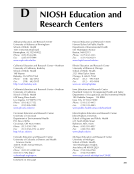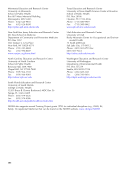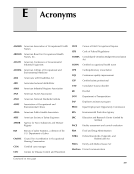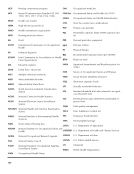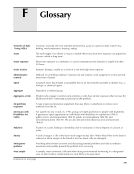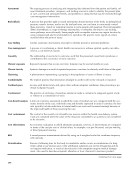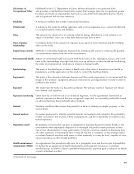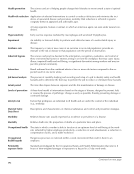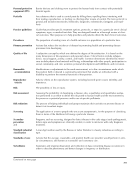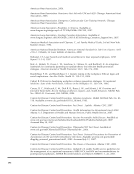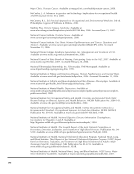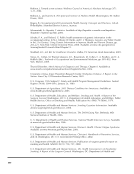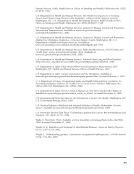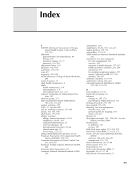temporary job positions are evaluated at regular intervals, and a progression mechanism is established to return the employee to full-duty assignments. Evaluation and Closure Monitoring of services and of progress toward accomplishing the goals developed in the care plan is an ongoing process. Any necessary revisions or changes are made when identified in collaboration with the employee, the health care provider, the insurance carrier, and (when appropriate) management. Closure is an important process of case management. The employee, family, physician, and any other providers involved should be given advance notification of the termination process. At this time, the care plan is evaluated, and the cost benefits are analyzed, along with the quality of services, effectiveness in implementing the plan, employee satisfac- tion, and efficiency of the case management provided. In addition to evaluating individual cases, the overall case management program should be evaluated on a regular basis (but at least annually). Questionnaires can be developed to assess employee and management satisfaction with the services. Charts are reviewed to identify process mechanisms and outcomes, such as case identification and referral, communication networks, length of disabilities, timely return to work, and cost-effectiveness evaluation. Com- ponents include determining eligibility, assessing level of functioning and needs, identifying resources and planning with the client, implementing and coordinating services, monitoring service delivery, advocating for the employee, establishing a communication network, and evaluating results. To provide effective case management services, the OHN collaborates with other health care professionals in the community to establish a network of providers. The OHN consults with the appropriate provider to identify the anticipated outcome and establish the care plan. The OHN also collaborates with the insurance administrator, the human resources manager, the benefits coordinator, and other appropriate professionals to develop the case management program and to establish effective communication systems. Collaboration with managers and supervisors is also essential to ensure the success of the case management program. Nursing Roles OHNs should be involved actively in managing cases, either as case managers or coordinators of case employer management services, and should establish a system for planning, organizing, directing, and evaluating health care services. It is essential to maintain knowledge of the health benefit packages available, management’s philosophy, and the business’s needs so as to provide an effective program. The OHN also should maintain the necessary skills to administer the program and to provide health care information and must remain current on certification requirements. The primary role of the OHN is to facilitate communication between the occupational health unit, management, the insurance carrier, the health care provider(s), and the employee. The OHN maintains frequent communication with the employee and all necessary persons and acts as an advocate for the employee. The nurse monitors the case, maintains open communication, and facilitates the return-to-work process. The OHN is in a key position to establish a proactive approach to case management, beginning with assessing worksite safety, identifying potential hazards, and preventing or controlling such hazards in collaboration with other health and safety professionals. The OHN also establishes, or collaborates with other professionals in establishing, a panel of qualified health care providers for referrals. The providers’ support of the case management program, including return to work, compassion for providing treatment for the injured employee, and quality of services, are important criteria to consider when establishing the panel. 237 Interdisciplinary Interactions and Collaboration
Purchased from OEM Press by (ge corporate access). (C) 2013 OEM Health Information, Inc. All rights reserved.


























































































































































































































































































